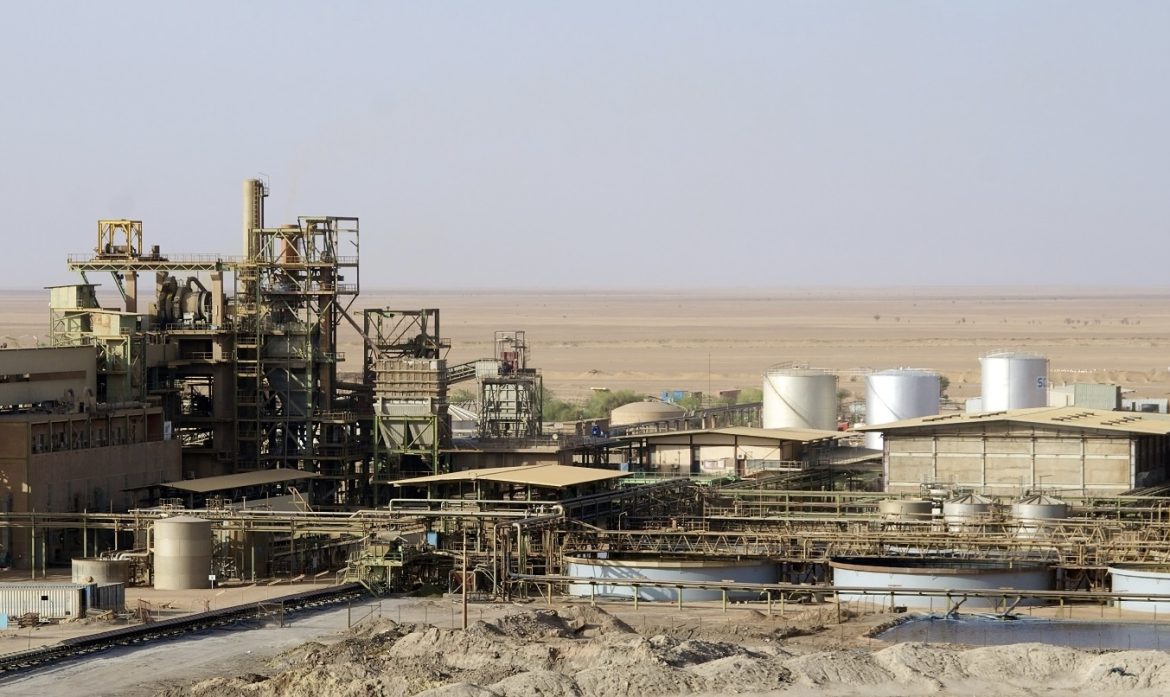KEY POINTS
- Orano suspends non-essential spending at Somair.
- Niger explores Russian partnerships in uranium sector.
- Diplomatic tensions disrupt French mining operations in Niger.
French nuclear fuel giant Orano has issued a stark warning about a worsening financial situation at its Somair uranium plant in Niger, amid heightened uncertainty in the country’s mining sector following a military coup last year.
The development signals a potential turning point for Niger, one of the world’s largest uranium producers, as it considers pivoting toward new partnerships, including with Russia.
Orano halts Somair operations amid financial strain
The Somair mine in northern Niger is 63.4 percent owned by Orano, with Niger’s Sopamin holding the rest. Following a €300 million ($316.27 million) capital raise, Orano has reported mounting financial pressures since Niger’s main export corridor closed in 2023, halting production in October.
In a statement released Friday, Orano announced the decision to suspend all non-essential mining and ore processing expenditures to conserve cash for essential operations, including salary payments. “This is not a cessation of operations or a closure of the site,” the company clarified, but a strategic pause to manage financial challenges under the current conditions.
However, the move has sparked tensions with Niger’s government. Minister of Mines Colonel Abarchi Ousmane publicly criticized Orano’s decision, stating in interviews with Russian media outlets that Sopamin did not approve the production halt and asserting that operations at Somair are “ongoing.” Ousmane further questioned the future role of French companies in Niger’s mining sector, given strained diplomatic ties.
Niger eyes Russia as France’s influence wanes
“The French state, through its head of state, has declared that it does not recognize the current authorities in Niger. Does it seem possible to you that we, the state of Niger, would allow French companies to continue extracting our natural resources?” Ousmane asked during an interview with Russian state media outlet RIA. He added that Niger was seeking closer collaboration with Russia to develop its uranium industry.
The strained relationship comes as France’s influence in Niger continues to wane. In late 2023, Paris withdrew its last military personnel from the country, marking the end of a longstanding presence. Earlier this year, Niger revoked Orano’s mining permit for the Imouraren project, signaling further challenges for French companies in the region.
Orano’s struggles at Somair highlight broader uncertainties facing international companies in Niger amid the government’s reassessment of its partnerships in key resource sectors. While Orano insists that the current measures are temporary, the company’s ability to navigate these challenges may shape its future role in one of the world’s most critical uranium markets.
As Niger explores alternative alliances, particularly with Russia, the future of foreign investment in its uranium industry remains uncertain, casting a shadow over the operations of long-standing players like Orano.



